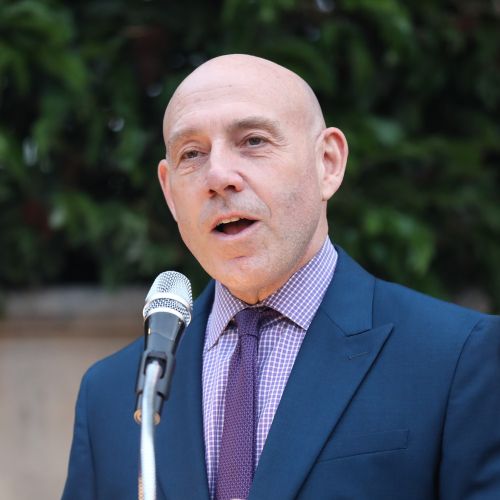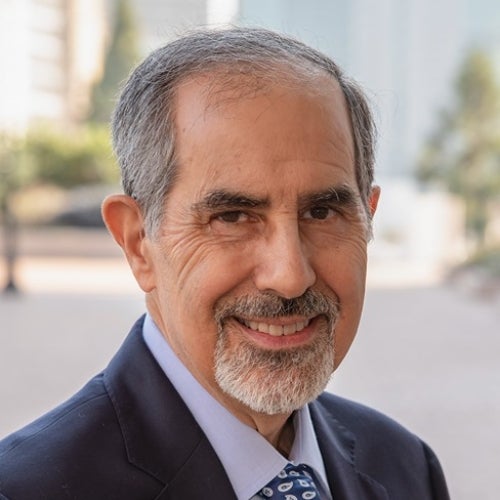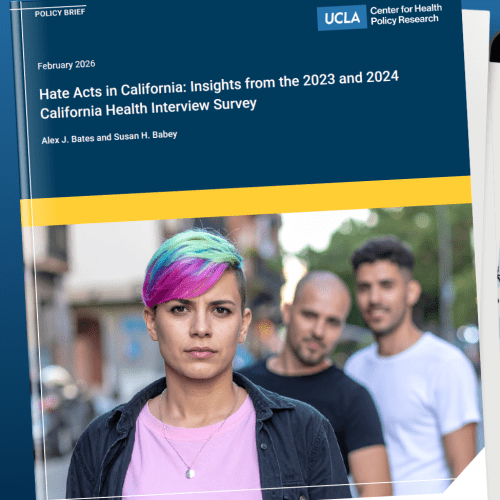States are failing on vaccinations. The federal government must lead.
"Federal policymakers have a responsibility to protect children who have been put at risk whenever a parent claims the 'right' to refuse vaccination."
In the year 2000, the United States essentially claimed victory against childhood diseases, eliminating measles and making the prevalence of other childhood diseases, such as mumps, extremely rare. Today, we are losing.
Eleven states have reported measles cases, and a checkerboard of communities across the United States lack the necessary vaccine coverage needed to maintain the threshold herd immunity of about 96 percent — when vaccination of a substantial portion of a population protects everyone. The costs in human and financial terms are enormous.
The rise in such cases is not due to more virulent strains or resistant viruses. Rather, society suffers from the success of anti-vaccine advocates who pushed “vaccine hesitancy and refusal” and issued unrelenting demonization, disinformation and demagoguery against immunizations. Social media is infected with viral messaging from bots and trolls that masquerade as legitimate information outlets but instead stoke illegitimate fear of vaccines.
Scott C. Ratzan is a senior fellow at the Harvard Kennedy School’s Mossavar-Rahmani Center for Business and Government. Barry R. Bloom is a professor of public health and former dean at the Harvard School of Public Health. Lawrence O. Gostin is the O’Neill professor of global health law at Georgetown University Law Center, where he directs the World Health Organization Collaborating Center on National and Global Health Law. Jonathan Fielding is a distinguished professor of health policy and management at the UCLA Fielding School of Public Health and a distinguished professor of pediatrics at the UCLA David Geffen School of Medicine.
Faculty Referenced by this Article

Professor of Community Health Sciences & Health Policy and Management, and Associate Dean for Research

Dr. Michelle S. Keller is a health services researcher whose research focuses on the use and prescribing of high-risk medications.
Nationally recognized health services researcher and sociomedical scientist with 25+ years' experience in effectiveness and implementation research.

EMPH Academic Program Director with expertise in healthcare marketing, finance, and reproductive health policy, teaching in the EMPH, MPH, MHA program

Dr. Ron Andersen is the Wasserman Professor Emeritus in the UCLA Departments of Health Policy and Management.











































































